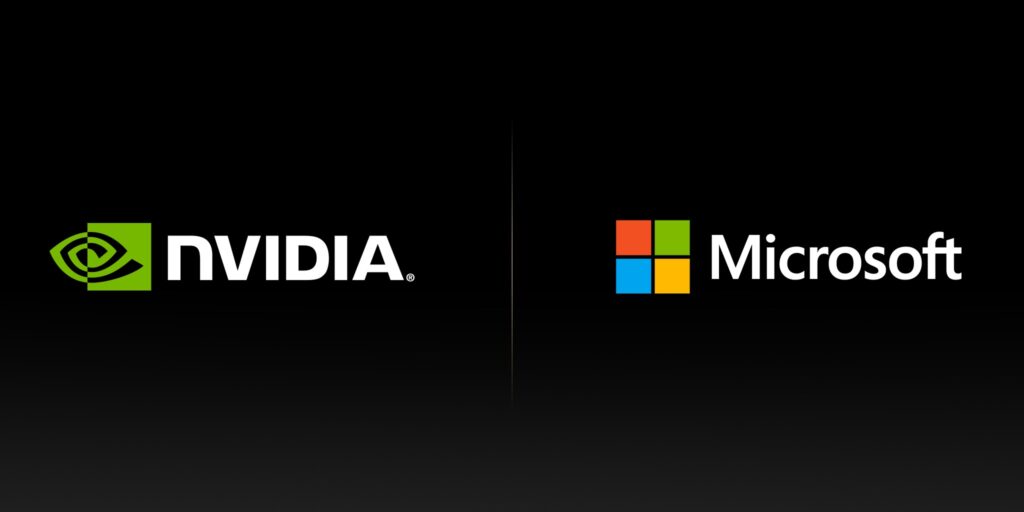In a historic leap, Microsoft Corporation has officially entered the $4 trillion market capitalization club, becoming only the second publicly traded company to do so—following Nvidia’s breakthrough earlier this month. The tech giant’s valuation soared after its shares rallied over 6.6% on Thursday, reaching $546.33 in early trading and lifting its total market value to approximately $4.09 trillion.
This remarkable achievement comes on the heels of Microsoft’s blockbuster fiscal fourth-quarter earnings report, which outperformed Wall Street expectations across all major segments. Central to this growth was the continued strong performance of its Azure cloud computing platform and enterprise AI solutions, both of which have become cornerstones of Microsoft’s future strategy.
Key Financial Highlights:
- FY 2025 Revenue: Nearly $282 billion, up from $198 billion just two years ago
- Net Income: $102 billion, compared to $73 billion before the AI boom
- Capital Expenditure Forecast: A record $30 billion for the upcoming quarter, aimed at expanding AI infrastructure
Microsoft plans to deploy this capital toward enhancing its AI capabilities and Azure cloud services, including scaling up offerings like Copilot (for Microsoft 365), GitHub Copilot, Bing AI, and its growing suite of cloud-based enterprise tools.

AI-Driven Transformation:
Microsoft’s evolution from a legacy software company to an AI-integrated cloud infrastructure leader has been a key driver of its valuation growth. The company now competes head-to-head with Amazon Web Services (AWS) and Google Cloud in delivering scalable AI-powered solutions to enterprise clients globally.
Its strategic investment in OpenAI—the creators of ChatGPT—has also paid dividends, enabling Microsoft to embed generative AI into its product ecosystem faster than many competitors.
Market Milestones:
- $1 Trillion Valuation: Achieved in April 2019
- $2 Trillion Milestone: Crossed in June 2021
- $4 Trillion Mark: Reached in July 2025, with steady, diversified growth
In contrast, Nvidia’s rapid rise—powered by its dominance in AI chips and data center GPUs—saw it triple its valuation in just about a year, becoming the first company to close above the $4 trillion mark on July 10.While Nvidia leads in hardware infrastructure for AI, Microsoft’s strength lies in cloud platforms, software integration, and enterprise AI, positioning it as a foundational pillar in the ongoing AI revolution.
